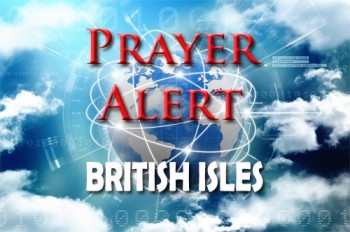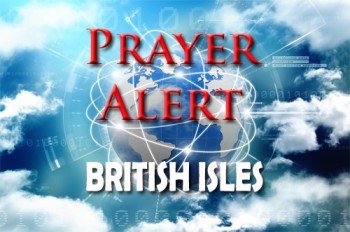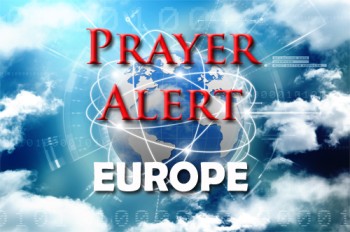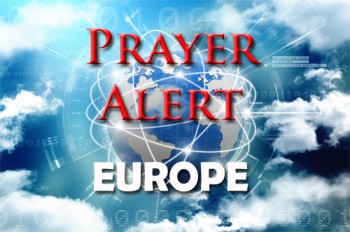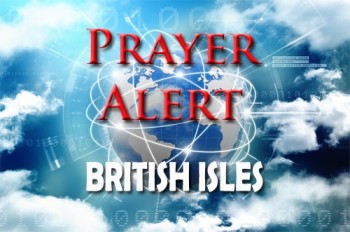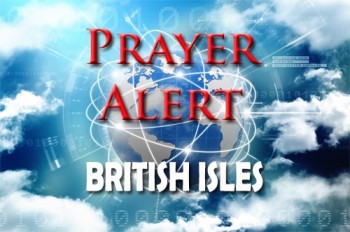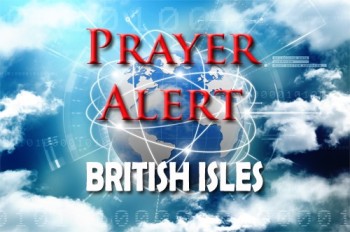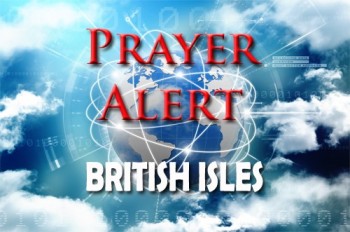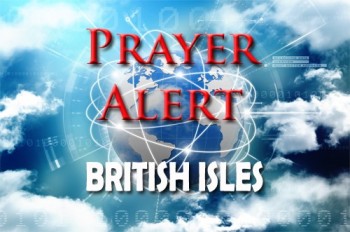Displaying items by tag: Northern Ireland Protocol
Boris Johnson rejects post-Brexit agreement
Boris Johnson has attacked Rishi Sunak’s post-Brexit deal with the EU to resolve the Northern Ireland Protocol row, claiming that it doesn’t take back control from Brussels. The former PM is urging Sunak to consider using his bill to unilaterally override the protocol if it ‘doesn’t work’. He added, ‘I will find it very difficult to vote for something like this because I believe we should have done things differently no matter how much plaster came off the Brussels ceiling. We have got to hope it works.’ Boris said he understood why people want to move on from Brexit rows and accept the deal: ‘I get that.’ Meanwhile, the European Research Group said it could take two weeks for the Brexiteer group to carry out its own ‘legal audit’ of the deal. Mr Sunak wants to give the DUP and Tory Eurosceptics space and time to consider the deal before holding the commons vote.
Brexit: unfinished business
The Northern Ireland protocol was agreed to ensure free movement of trade across the Irish land border after Brexit. The legal text is now being looked at to nail down details. However, some are concerned that there are still things to square off to ensure an agreement is sellable to EU member states: the Democratic Unionist Party (DUP) and some Tory MPs who continue to insist that there remains more work to do. Pray for the language surrounding the talks to be increasingly positive. Also farms risk going out of business. The UK has replaced EU’s subsidies to farmers with ‘payments for public goods’ (SFI). Each year ministers cut how much farmers get paid under the old scheme while they introduce new ones. Farmers’ subsidies were cut by 22% last year, but only 0.44% of the promised budget was spent on SFI. So where is the money going?
UK / Ireland Brexit deadlock
Tony Blair and Bertie Ahern have been working behind the scenes to get the UK and EU back to the negotiating table over Brexit and the Stormont government collapse. Hard Brexiter Steve Baker has been transferred to the Northern Ireland office, replacing Conor Burns, who went to the Department for International Trade. UK-EU protocol talks were paused when Russia invaded Ukraine. The already strained relations deteriorated further in June when Liz Truss introduced a bill enabling the UK to remove some Northern Ireland Brexit protocol. Hopes of a thaw in UK-EU relations have been fuelled by the absence of Lord Frost from Truss’s new cabinet. Burns met Europe’s Marcus Šefčovič at the weekend and had ‘constructive and prolonged talks’. He told MPs, ‘I am convinced that if the appetite exists, we can find a way to a negotiated solution to the Northern Ireland protocol.’
NI Protocol disagreement
Part of Brexit released lorries from checkpoints between the UK and EU (Northern Ireland to Republic of Ireland). Instead they are checked when arriving in NI from mainland UK. This protocol was agreed because of sensitive political border histories. Boris Johnson wants to change this protocol section to make it easier for some goods to move between Britain and NI. But the European Commission vice-president said there was ‘no legal or political justification whatsoever for unilaterally changing an international agreement; it has left us with no choice but to take legal action.’ Mr Johnson insists the proposals are legal, will secure the UK’s future and are set out in a parliamentary bill. The protocol is upsetting the balance of the Good Friday Agreement’. The Democratic Unionist Party, who won the second-most seats in recent elections, is refusing to set up a new ruling Northern Ireland executive with Sinn Féin, who won the most seats, until changes are made to the protocol.
NI protocol and Brexit changes
Ireland’s foreign minister, Simon Coveney, has warned Boris Johnson against any move to change the Northern Ireland protocol. He said, ‘What we can’t do is accept that the British government would act unilaterally, they would pass legislation to effectively breach international law, to set aside elements of a treaty that this prime minister designed and put in place. That would cause more problems than it would solve.’ Foreign minister Liz Truss, announcing a new law to change the post-Brexit trade deal for Northern Ireland, insisted it would be legal under international law. She said the proposed legislation would make changes to the deal - rather than scrapping it - to resolve ‘the grave situation in Northern Ireland’. But in response, the EU said it would ‘need to respond with all measures at its disposal’ if the UK went ahead with the legislation. Pray that all decisions will be according to God’s plans.
Northern Ireland Protocol and forming a government
The attorney general has been advised that it would be lawful to override parts of the Northern Ireland Protocol, the post-Brexit arrangement which requires some checks on goods between Britain and NI. This angers both Unionists and the EU. There has been no power-sharing executive for several months after the DUP withdrew in protest against the protocol. In the recent election Sinn Féin, whose goal is for NI to become one country with the Republic of Ireland, won the most seats and needs to form a government. It cannot take up the office unless the DUP nominates a deputy first minister. The DUP's leader said his party would respect the election result, but changes needed to be made to the protocol. Boris Johnson has said the most important treaty is the Good Friday Agreement, which established a cross-community power-sharing government to end decades of violence.
Northern Ireland hostage over 'fish wars'
France is threatening to block any UK-EU deal over the Northern Ireland Protocol unless the row over post-Brexit fishing licences is resolved in Paris’s favour. With presidential elections next year, he cannot afford to sell out his fishermen, as many hail from a stronghold of his rival Marine Le Pen. Macron has trodden this path before. In 2019, he blocked extending Brexit negotiations, risking a no deal to Theresa May’s withdrawal agreement. In 2020 he threatened to veto any Brexit trade deal that did not satisfy French fishermen, ratcheting up pressure on London. Judging by the negative reactions of the British fishing industry to the trade deal, the tactic worked. Now he is threatening extremely delicate negotiations over the NI Protocol. There is a greater risk now of the UK triggering Article 16 of the protocol than any time before. France also threatened to block the UK from joining the EU’s research programme. See
US-UK special relationship: Biden and Johnson?
Boris Johnson and Joe Biden met on 10 June. Joe Biden has Irish roots, and many believe Britain should not underestimate the strength of his feelings against tinkering with the Northern Ireland Protocol if it puts the Good Friday agreement in jeopardy. Boris Johnson wants to ‘tinker’, putting the agreement at risk. He was seen by many Americans as Britain's equivalent of Donald Trump, and indeed he was lavish in his praise of the former president. But British PMs need to get on with whoever is America’s president. Boris, from a privileged background, needs to get on with Joe, who is from a poor working-class background. The one thing the two men do have in common is that they both are Catholics: one is a practising believer, the other needs more practice.
UK and EU fighting over sausages
The UK and the EU are in disagreement over the Northern Ireland Protocol; one sticking point is the export of sausages from the UK. Maros Sefcovic, the European Commission vice-president, says there have been ‘numerous and fundamental gaps’ in the UK's implementation of the trade deal and the EU will act ‘firmly’ if the UK does not agree on deadlines for complying with its obligations. Environment secretary George Eustice claimed the Northern Ireland Protocol, and the way the EU wants to implement it, make it impossible for UK producers to sell British sausages to Northern Ireland. Boris Johnson's spokesman said there was ‘no case whatsoever’ for blocking the sale of chilled meats. The UK has also accused the EU of failing to engage with its own proposals, especially with the issues pertaining to people in Northern Ireland.
